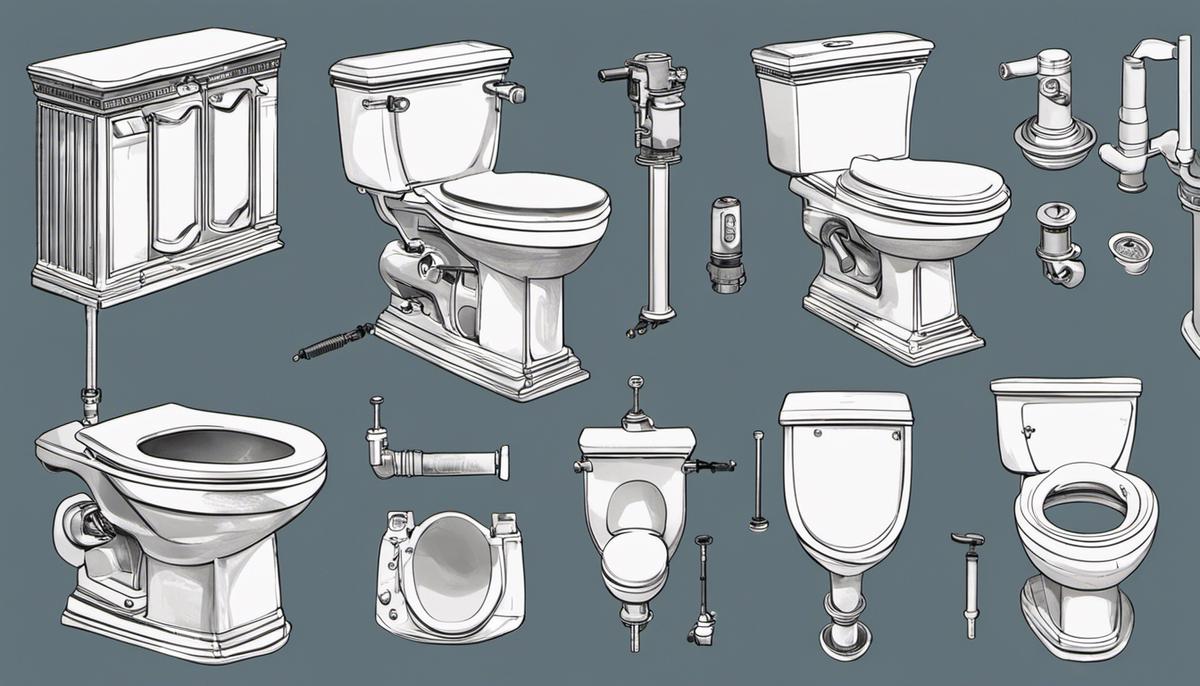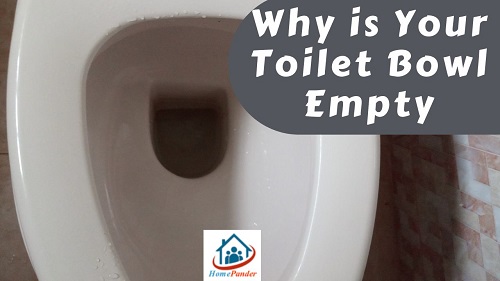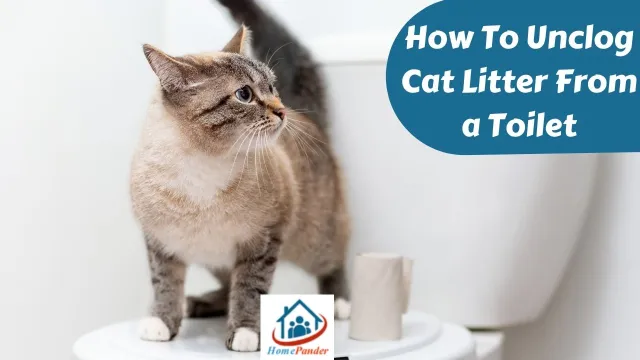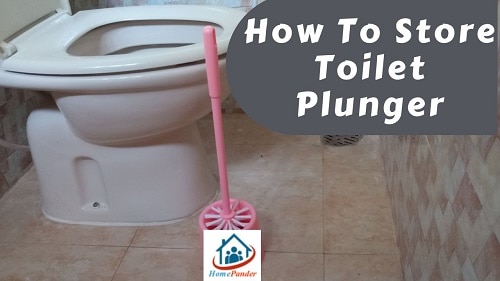Is Lysol Toilet Bowl Cleaner Safe for Septic Systems?
Lysol Toilet Bowl Cleaner is generally considered safe for septic systems when used responsibly and in moderation. However, it is advisable to choose septic system-friendly alternatives whenever possible to minimize any potential long-term impact on the system’s health. Regular maintenance and proper usage are key for maintaining a healthy septic system.
Maintaining a properly functioning septic system is crucial for the wellbeing of your home and the environment.
Septic systems work by collecting and treating wastewater from your household, ensuring the safe disposal of sewage.
Harsh chemicals or products that can negatively impact the natural processes within a septic system may compromise its effectiveness and longevity.
Therefore, it is essential to be cautious about the products used in septic systems, including toilet bowl cleaners.
| Lysol Toilet Bowl Cleaner | Septic System-Friendly Alternatives | |
|---|---|---|
| Impact on Septic Systems | Generally considered safe | Formulated for minimal impact |
| Chemical Composition | Contains various ingredients | Specific ingredients for septic use |
| Bacterial Balance | May disrupt beneficial bacteria | Supports healthy bacterial balance |
| Usage Guidelines | Use in moderation | Safe for regular and frequent use |
| Environmental Impact | Diluted and treated in system | Minimal impact on natural processes |
| Long-Term System Health | Consider septic-friendly options | Promotes longevity of septic system |
One of our articles –Can You Use Lysol on Mirrors?
Understanding Septic Systems
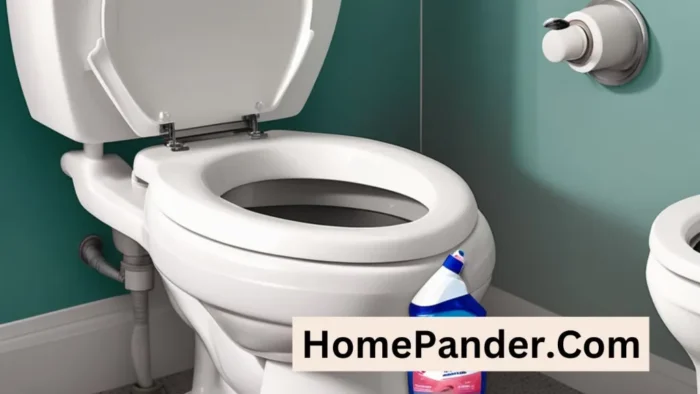
What is a septic system?
A septic system is an underground wastewater treatment system commonly used in residential properties that are not connected to public sewers.
It consists of a septic tank and a drainfield. Wastewater from the house flows into the septic tank, where solid waste settles at the bottom, and the liquid portion is released into the drainfield for further treatment and absorption into the soil.
How do septic systems work?
In a septic system, the separation and treatment of wastewater occur through natural processes. Bacteria and enzymes present in the septic tank break down solid waste, while the liquid effluent undergoes further treatment in the drainfield as it percolates through the soil.
The soil acts as a natural filter, removing contaminants and harmful bacteria from the effluent before it reenters the groundwater.
Common Concerns with Septic Systems
Impact of Harsh Chemicals
Harsh chemicals, such as certain toilet bowl cleaners, can disrupt the delicate balance of bacteria within a septic system.
These chemicals may kill the beneficial bacteria responsible for the breakdown of solid waste, leading to a reduction in the system’s efficiency. Over time, this can result in clogs, backups, and even system failures.
Importance of Septic System Maintenance
Septic System Maintenance | |
|---|---|
| Regular Pumping | Schedule regular pumping every 3-5 years to remove accumulated solids |
| Inspections | Conduct inspections every 1-3 years to check system functionality |
| Water Conservation | Conserve water to reduce strain on the septic system |
| Non-Biodegradable Items | Avoid flushing non-biodegradable items into the system |
| Garbage Disposals | Minimize use of garbage disposals to reduce solid waste |
| Septic System-Friendly Products | Use cleaning and personal care products labeled as safe for septic systems |
| Drainfield Protection | Prevent parking or heavy structures on the drainfield |
| Landscaping | Plant trees and shrubs away from the drainfield to avoid root intrusion |
| Grease and Chemicals | Avoid pouring grease and harsh chemicals down drains |
| Rainwater Management | Direct rainwater away from the drainfield to prevent oversaturation |
| Professional Maintenance | Hire professionals for regular maintenance, inspections, and repairs |
Proper maintenance of septic systems is vital to ensure their longevity and functionality. Regular pumping, inspections, and the use of septic system-friendly products are key components of septic system maintenance.
Neglecting these practices can lead to costly repairs, environmental contamination, and potential health hazards.
One of our articles –Is Lysol Safe After It Dries?
Exploring Lysol Toilet Bowl Cleaner
Overview of Lysol
| Overview of Lysol | |
|---|---|
| Brand | Lysol |
| Product | Lysol Toilet Bowl Cleaner |
| Purpose | Cleaning and disinfecting toilet bowls |
| Effectiveness | Effectively removes stains and kills bacteria |
| Availability | Widely available in stores and online |
| Application | Designed for use in toilet bowls |
| Usage Instructions | Follow product label for proper usage |
| Safety Precautions | Keep out of reach of children |
| Additional Varieties | Offers various formulations and scents |
| Packaging | Typically comes in squeeze bottles |
| Environmental Considerations | Follow local disposal regulations |
Lysol is a well-known brand that offers a range of cleaning and disinfecting products.
Lysol Toilet Bowl Cleaner is specifically designed to remove stains, kill bacteria, and leave the toilet bowl clean and fresh. It is widely available and a popular choice for many households.
Ingredients in Lysol Toilet Bowl Cleaner
Lysol Toilet Bowl Cleaner contains various ingredients, including surfactants, fragrance, colorants, and cleaning agents.
While it is effective at removing stains and killing bacteria, the impact of its ingredients on septic systems requires consideration.
One of our articles –Can You Spray Lysol On My Couch?
Is Lysol Toilet Bowl Cleaner Safe for Septic Systems?
Assessing Lysol’s Impact on Septic Systems
Lysol Toilet Bowl Cleaner, when used as directed, is unlikely to cause significant harm to a properly functioning septic system.
The small amount of cleaner that enters the septic system during regular use is diluted and further treated in the septic tank and drainfield. However, it is important to use the product in moderation and avoid excessive or frequent use.
Lysol’s Compatibility with Septic Systems
While Lysol Toilet Bowl Cleaner is generally considered safe for septic systems, it is advisable to use septic system-friendly alternatives whenever possible.
Some toilet bowl cleaners specifically labeled as “septic system safe” or “septic system friendly” are formulated with ingredients that have minimal impact on the septic system’s natural processes.
Choosing these products can provide an extra layer of assurance for the long-term health of your septic system.
Best Practices for Septic System Maintenance
| Best Practices for Septic System Maintenance | |
|---|---|
| Regular Pumping | Schedule regular pumping to remove accumulated solids |
| Inspections | Conduct periodic inspections to check system functionality |
| Septic Service Provider | Engage professional septic service for pumping and inspections |
| Water Conservation | Conserve water to reduce strain on the septic system |
| Non-Biodegradable Items | Avoid flushing non-biodegradable items into the system |
| Garbage Disposals | Minimize use of garbage disposals to reduce solid waste |
| Septic System-Friendly Products | Use cleaning products labeled as safe for septic systems |
| Chemical Usage | Limit or avoid harsh chemicals that can disrupt bacterial balance |
| Drainfield Protection | Avoid parking vehicles or heavy structures on the drainfield |
| Landscaping | Be mindful of landscaping near drainfield to prevent root intrusion |
To maintain a healthy septic system and prolong its lifespan, it is essential to follow best practices for maintenance. Here are a few key tips:
Using Septic System-Friendly Products
Opt for toilet bowl cleaners and other household cleaning products that are labeled as septic system-friendly.
These products are designed to have minimal impact on the bacteria and processes within your septic system.
Regular Pumping and Inspections
Schedule regular pumping and inspections of your septic system to remove accumulated solids and ensure everything is functioning properly.
A professional septic service provider can help determine the appropriate frequency for your system based on its size and usage.
Related Questions
Can I use Lysol Toilet Bowl Cleaner in my septic system every day?
It is recommended to use Lysol Toilet Bowl Cleaner in moderation and avoid excessive or frequent use. Using it as directed should not pose significant harm to your septic system.
Are there any specific toilet bowl cleaners labeled as septic system-safe?
Yes, there are toilet bowl cleaners specifically labeled as septic system-safe or septic system-friendly. These products are formulated to have minimal impact on the natural processes within your septic system.
Will using Lysol Toilet Bowl Cleaner damage my septic tank?
When used responsibly and in moderation, Lysol Toilet Bowl Cleaner is unlikely to cause significant harm to a properly functioning septic tank.
How often should I have my septic system pumped?
The frequency of septic system pumping depends on various factors, such as the size of the tank and the number of occupants in the household. It is recommended to consult a professional septic service provider to determine the appropriate pumping schedule for your specific system.
Can using harsh chemicals in my toilet damage my septic system?
Harsh chemicals can disrupt the natural processes within your septic system by killing beneficial bacteria. This can lead to reduced efficiency and potential system failures over time.
What are the signs that my septic system is not functioning properly?
Signs of a malfunctioning septic system may include slow drains, foul odors, gurgling sounds, sewage backups, or unusually lush vegetation in the drainfield area. If you notice any of these signs, it is important to have your septic system inspected by a professional.
Are there any other practices I should follow to maintain a healthy septic system?
In addition to using septic system-friendly products and regular pumping, it is advisable to conserve water, avoid flushing non-biodegradable items, and minimize the use of garbage disposals.
Can I use homemade or natural cleaners in my septic system?
Some homemade or natural cleaners can be used in septic systems, but it is important to research and ensure that the ingredients are septic system-friendly. Vinegar, baking soda, and mild dish soap are often considered safe alternatives for cleaning purposes.
Conclusion
In conclusion, when used responsibly and in moderation, Lysol Toilet Bowl Cleaner is generally safe for septic systems.
However, it is advisable to choose septic system-friendly alternatives whenever possible to minimize any potential long-term impact on the system’s health.
Proper maintenance, regular inspections, and the use of septic system-friendly products are essential to ensure the longevity and effectiveness of your septic system.

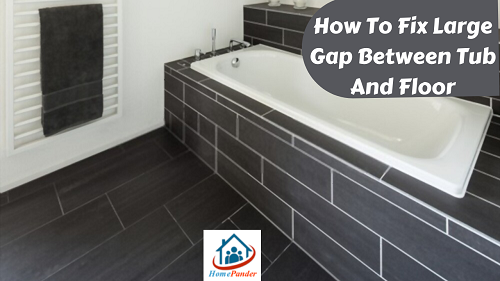

![How To Clean Dark Grout That Has Turned White [5 Easy Ways]](https://homepander.com/wp-content/uploads/2021/12/How-To-Clean-Dark-Grout-That-Has-Turned-White.webp)
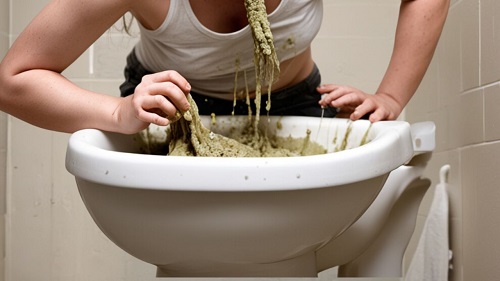

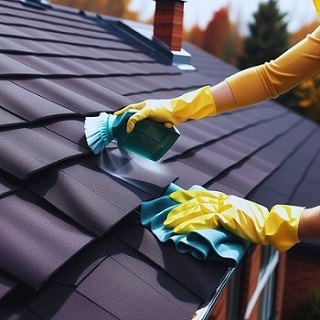






![How to Remove Crystallized Urine [Explained]](https://homepander.com/wp-content/uploads/2022/02/How-To-Remove-Crystallized-Urine.jpg)
